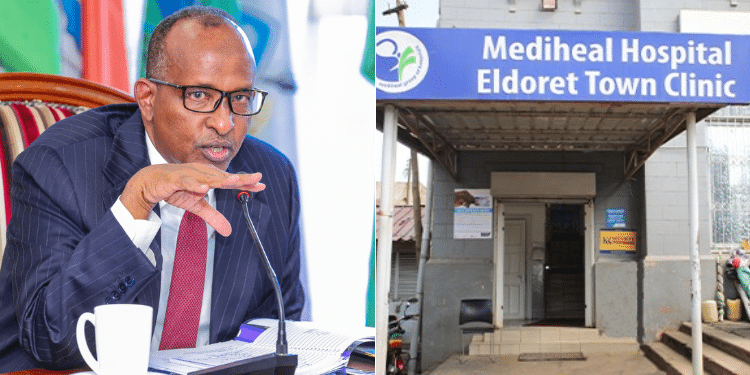The Ministry of Health has released findings from a government-led investigation into Mediheal Hospital and Fertility Centre, revealing significant gaps in the facility’s kidney transplant program and raising fresh concerns about potential organ trafficking involving foreign nationals.
This follows a special investigation by German media outlets Deutsche Welle (DW), German media ZDF, and ‘Der Spiegel’ which exposed Kenya as being at the center of a suspected international organ trafficking syndicate.
Health Cabinet Secretary Aden Duale, in a statement on Tuesday, April 15, presented a detailed report from a fact-finding mission conducted by a multidisciplinary team appointed by the Ministry. He noted that the probe was initiated after an alert from the Global Transplantation Society.
In a letter dated July 20, 2023, the Society raised the alarm over a suspicious spike in kidney transplants involving Israeli nationals in Kenya, pointing to the possible existence of an international syndicate circumventing local health regulations.
The multidisciplinary team—comprising transplant surgeons, ethicists, and officials from the Kenya Blood Transfusion and Transplant Services (KBTTS), the Kenya Medical Practitioners and Dentists Council (KMPDC), and the Ministry—conducted an on-site audit between December 5 and 8, 2023.
Mediheal Hospital probed over alleged organ trafficking
According to CS Duale, the task force was charged with verifying the claims, assessing the Mediheal’s transplant practices, and offering actionable recommendations.
Their findings revealed that the licensed Level 5 private hospital in Eldoret had performed 372 kidney transplants over a five-year span.
While the majority of recipients came from Kenya and neighboring East African countries, others had traveled from as far as Israel, Japan, Australia, the United Kingdom, and the United States.
Also Read: True Identity of Indian Businessman Linked to “Organ Harvesting” in Kenya
Although the hospital was found to have adopted advanced surgical techniques—conducting nearly all transplants laparoscopically and retaining signed donor consent forms—investigators flagged several critical issues.
“A key concern was the weak verification of donor-recipient relationships. The hospital lacked proper documentation to establish biological or relational ties, especially in cross-national pairings,” said CS Duale.
Further, the CS said that all Human Leukocyte Antigen (HLA) testing by the facility was conducted in India without the Ministry’s clearance for exporting human samples, a breach of regulatory protocols.
The report also highlighted that several donors and recipients who could not understand English were presented with untranslated documents, undermining the integrity of the informed consent process.
Moreover, some high-risk transplants were conducted—including on a patient with confirmed prostate cancer and others at extreme age limits—despite questionable donor-recipient compatibility.
The team noted additional gaps, including a lack of clinical morbidity and mortality reports and the absence of multidisciplinary team (MDT) meetings to evaluate transplant cases.
Deep investigations
While the audit did not conclusively link the hospital to organ trafficking, the credibility of the allegations led to a call for deeper investigations by law enforcement and regulatory bodies.
To address the systemic gaps, the team recommended the development and implementation of national standards for transplant services, including a centralized registry for all transplant donors and recipients—especially foreign nationals—with verified relationship documentation.
“The Ministry is moving to develop a regulatory framework that will close legal loopholes exploited by transplant tourism and clandestine operations,” said CS Duale.
Also Read: Politician Arrested in Organ Harvesting Probe After Police Station Attack
The report also emphasized the need to strengthen donor recruitment and consent processes by involving family members and maintaining clear documentation of every person involved in transplant procedures.
Hospitals will now be required to present all donor and recipient evaluations to a fully functional MDT. Ethics committees must also be expanded to include translators, independent advocates, and professionals not directly involved in transplant procedures.
CS Duale confirmed that the Ministry has already developed transplant service standards and a draft policy on the use of human-derived substances, including organs, cells, and tissues.
“The Ministry has developed a bill on Blood, Cells, Tissues, Organs and other substances of Human origin awaiting public participation,” Duale said.
To ensure compliance, a follow-up audit is planned for Mediheal Hospital, alongside comprehensive inspections of all seven transplant facilities in the country.
Investigation uncovers global organ trafficking network
The report follows a months-long joint investigation by German media outlets Der Spiegel, ZDF, and DW, which uncovered Kenya’s central role in an alleged international organ trafficking network.
The exposé identified Mediheal Hospital as a key site for transplant procedures, revealing that recipients paid up to $200,000 (Ksh25.9 million) for a single kidney transplant.
The investigation traced the journeys of both organ sellers and recipients, analyzed key documents, and interviewed whistleblowers and medical professionals.
It uncovered a global network stretching from a hospital in Kenya to a shadowy agency in Germany that lured patients in need of transplants — a system that exploited the vulnerable at both ends young individuals driven by financial desperation, and older recipients desperate for a life-saving organ.
Follow our WhatsApp Channel and X Account for real-time news updates.


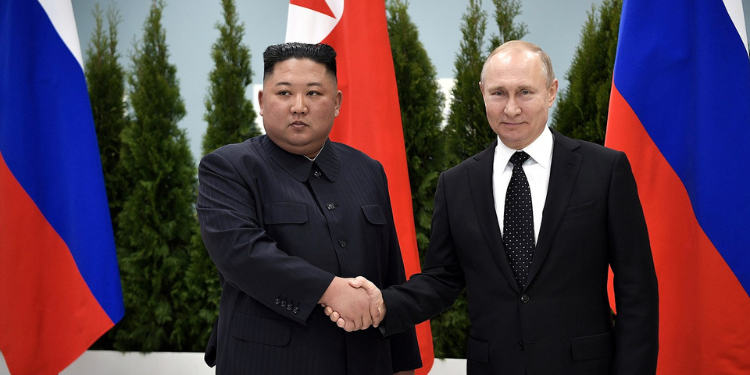


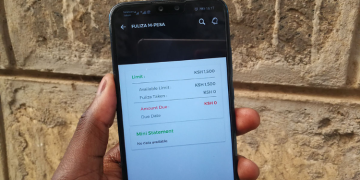

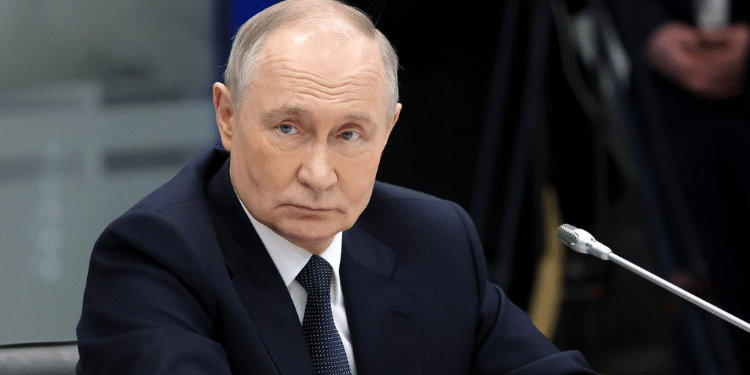
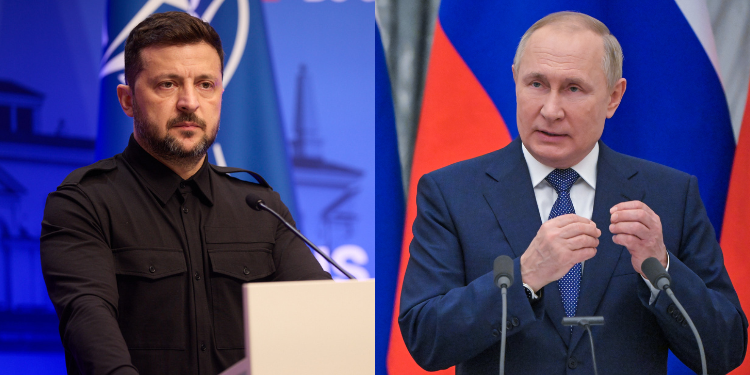
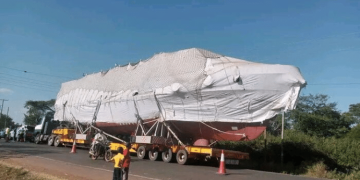
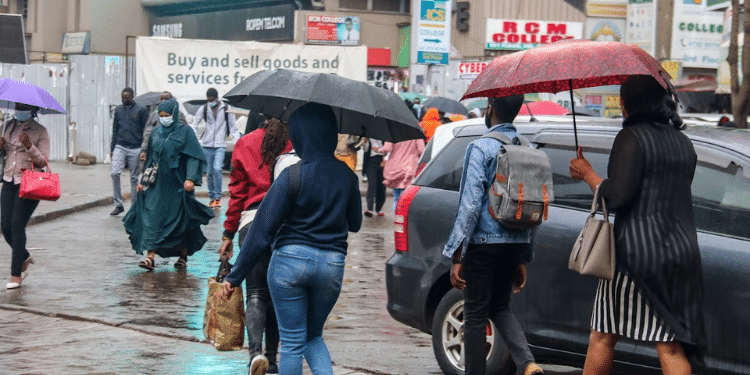











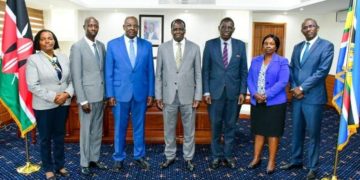
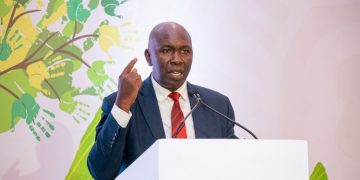
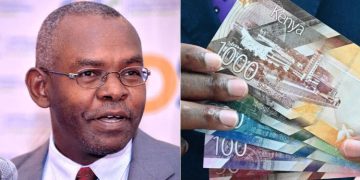































![Senator Allan Chesang And Chanelle Kittony Wed In A Colourful Ceremony [Photos] Trans Nzoia Senator Allan Chesang With Channelle Kittony/Oscar Sudi]( https://thekenyatimescdn-ese7d3e7ghdnbfa9.z01.azurefd.net/prodimages/uploads/2025/11/Trans-Nzoia-Senator-Allan-Chesang-with-Channelle-KittonyOscar-Sudi-360x180.png)
















